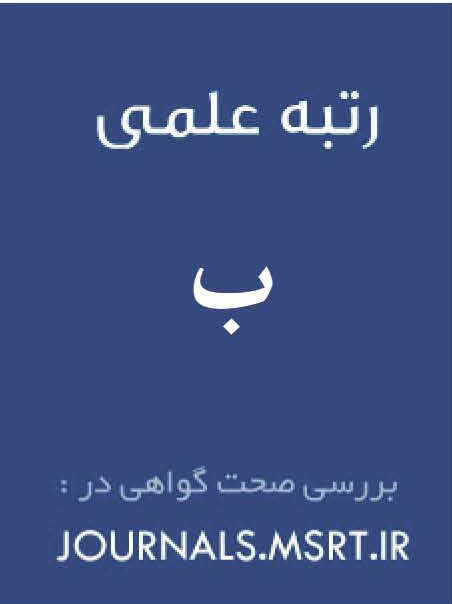Effectiveness of Cognitive Behavioral Therapy on Marital Relationship Quality among Couples in Tehran
Keywords:
Couples, Marital Relationship Quality , Cognitive Behavioral TherapyAbstract
The present study aimed to investigate the effectiveness of cognitive behavioral therapy (CBT) on the quality of marital relationships among couples in Tehran. This research was applied in nature and classified as quasi-experimental with a pre-test and post-test design, including an experimental group and a control group. The statistical population of this study consisted of couples in Tehran (District 2) in 2022 who were registered in the civil registry and had sought therapy and counseling services. Among these couples, 30 were selected through convenience sampling and randomly assigned to the experimental group (15 individuals) and the control group (15 individuals). To measure the research variables, the Revised Dyadic Adjustment Scale (RDAS) developed by Busby et al. (1995) was utilized. The experimental group received cognitive behavioral therapy in nine 90-minute sessions, held weekly. Data were analyzed using SPSS-V26 software, employing descriptive and inferential statistical tests, including multivariate and univariate analysis of covariance. The results indicated that cognitive behavioral therapy significantly improved the quality of marital relationships and its components among couples in Tehran (P < 0.05). These findings emphasize the effective role of cognitive and behavioral therapeutic methods in enhancing the quality of marital relationships and can be utilized as an efficient strategy in psychological interventions aimed at improving couples’ interactions.
Downloads
Downloads
Published
Submitted
Revised
Accepted
Issue
Section
License
Copyright (c) 1403 مهرنوش کیانی خوزستانی (نویسنده); هیمن محمود فخه

This work is licensed under a Creative Commons Attribution-NonCommercial 4.0 International License.






